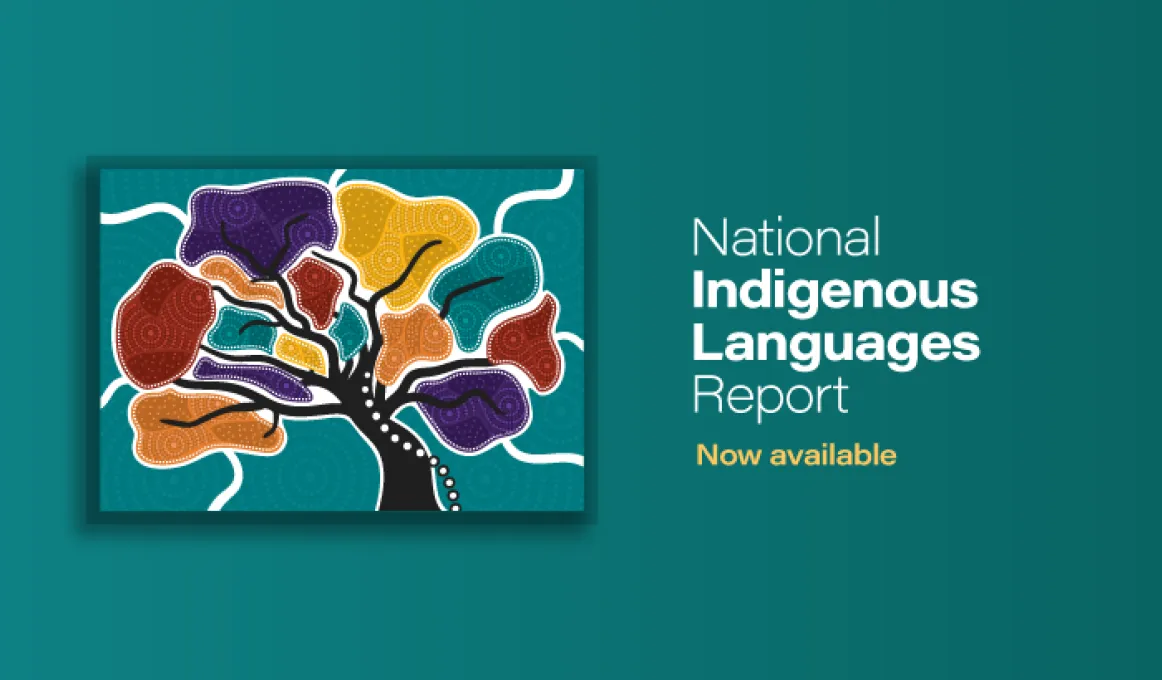A new report shows the importance of languages

A new report reinforces the value of Aboriginal and Torres Strait Islander languages and the role they play in culture and identity.
A new report reinforces the value of Aboriginal and Torres Strait Islander languages and the role they play in culture and identity.
The National Indigenous Languages Report is a collaboration between the Australian Government, the Australian Institute of Aboriginal and Torres Strait Islander Studies and the Australian National University. Its release follows the 2019 International Year of Indigenous Languages, which helped to raise awareness of the critical role of Aboriginal and Torres Strait Islander languages.
The report shows the diversity of Aboriginal and Torres Strait Islander languages, how they are used and their ongoing importance in Australia. It also shows how speaking language is vital for the wellbeing of Indigenous people. Key findings include:
- There are many social and economic benefits gained by speaking language, including benefits to individual wellbeing and health through greater social connection and cultural participation.
- All of Australia’s Aboriginal and Torres Strait Islander languages are under threat. New languages, particularly Kriol and Yumplatok/Torres Strait Creole, are some of the strongest Indigenous languages in Australia, with growing use.
- Many Aboriginal and Torres Strait Islander people are looking for ways to reconnect with their traditional languages, and there has been an increased interest in Indigenous languages from non-Indigenous Australians.
- Activities to maintain and renew languages are vitally important to preserve and strengthen Aboriginal and Torres Strait Islander languages.
- There are opportunities for improved services and programs that better consider the role of language, and better data on the state of Aboriginal and Torres Strait Islander languages.
The National Indigenous Languages Report forms part of the Australian Government’s ongoing commitment to maintain, preserve and celebrate Indigenous languages.
It was written following extensive research and input from Aboriginal and Torres Strait Islander Language Centres, organisations and language workers – thank you to everyone who contributed.
Find out more
Read the report at National Indigenous Languages Report.